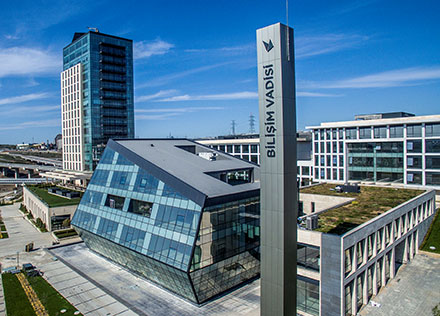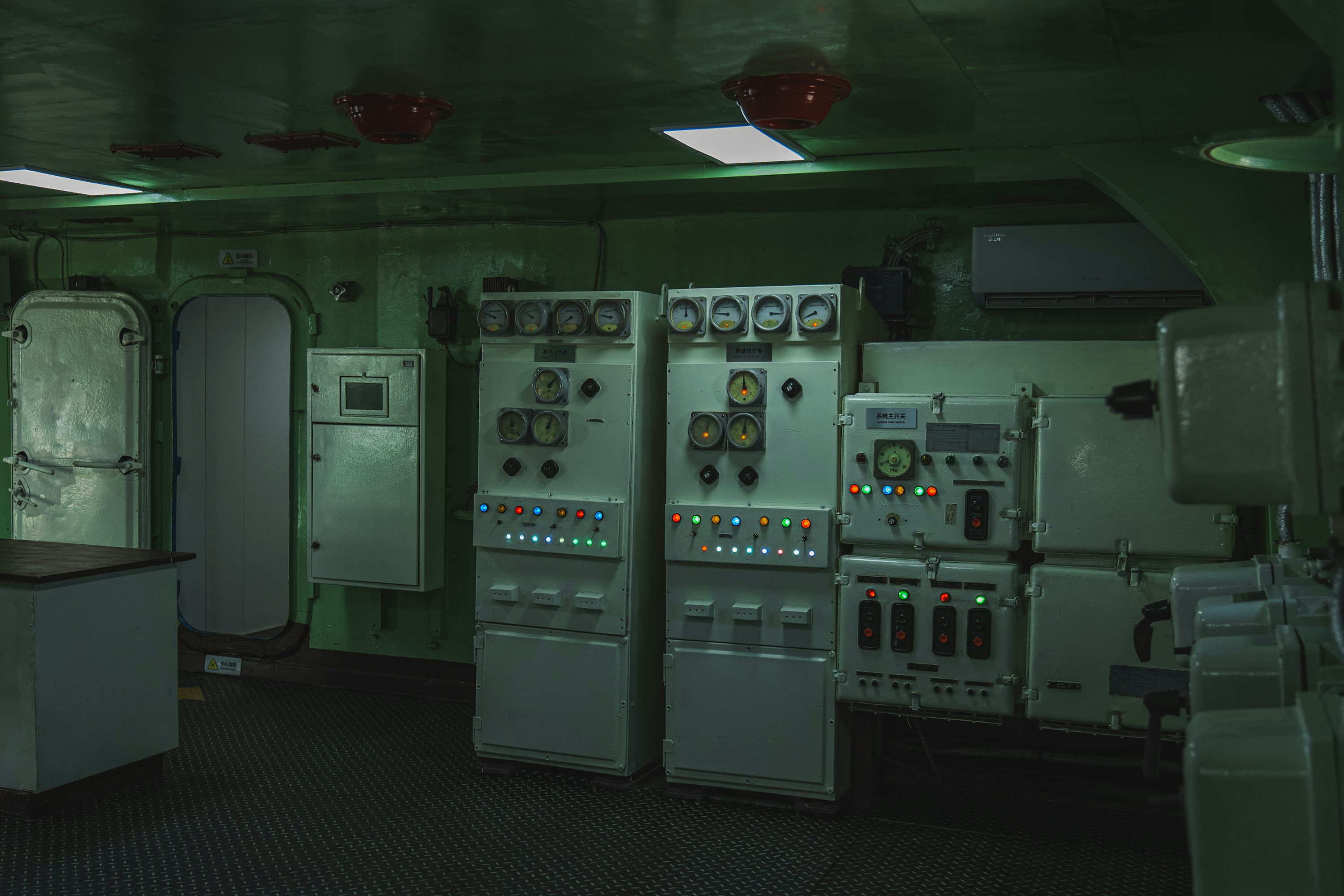Management engineering is an engineering discipline that models a wide range of electrical, electronic, mechanical and computer dynamic systems, and develops, produces and implements information and technologies that will enable these systems to behave in a predictable and planned manner. It uses the principles of control theory to design a system that produces desired behavior in a controlled manner. Management engineers focus on improving efficiency and developing the most appropriate strategic methods for your company.
In general, we want to eliminate unnecessary manual control in the processes we use in our business and reduce the number of human errors that can cost us significant money. And here control engineers are our hidden heroes who fulfill these wishes for us. They optimize our processes and implement quality control systems at our production facilities. They develop, test and monitor the implementation of new processes. Sometimes they even conduct inspections with various methods before our projects are even implemented.
The reason why control engineers play such an important role in our project processes is that they work with dynamic systems that are already in operation. The dynamic systems they work on are complex systems in which mechanical, electrical, chemical, metallurgical, electronic or pneumatic elements work in concert. Control engineers analyze, design and optimize these systems. They plan layouts, material and information flows, or machine arrangements. They are also charged with improving production efficiency by evaluating performance and suggesting and implementing improvements.
Control engineering is a very comprehensive engineering field and process engineers can contribute to your processes by working in many areas such as energy systems, biological systems, economic systems, social systems. Their work in these systems is as follows:
- Process analysis and control
- Modeling and simulation
- System designing
- Design of drive system
- Design of motion control systems
- Intelligent system design
- Design of industrial communication systems
- Design of computer systems
- Use of motor VFDs, industrial PLCs and vision systems
- Individual equipment for semi-automatic assembly lines
For example, a control engineer designs and develops braking systems in aircraft. His job here is to test and develop how the braking systems will behave in different conditions, such as different speeds, different road conditions and different temperatures, and to put the system he has designed into practice.
As Oskon Automation, we will be happy to work with you to improve your design processes with our strong and experienced team.
 EN
EN
 TR
TR DE
DE AE
AE UA
UA AZ
AZ

 About Us
About Us Our Business Partners
Our Business Partners Organizational Chart
Organizational Chart Our References
Our References Our Certificates
Our Certificates Human Resources
Human Resources Factory Automation
Factory Automation Process Automation
Process Automation Digitalization
Digitalization Software Development
Software Development After-Sales Support
After-Sales Support Sales and Marketing
Sales and Marketing Project Management and Consultancy
Project Management and Consultancy  Opcenter (MES-MOM)
Opcenter (MES-MOM) Automated Mobile Robot (AMR)
Automated Mobile Robot (AMR) OT Cyber Security
OT Cyber Security Smart Sorting Lines (Sorters)
Smart Sorting Lines (Sorters) Solution 4.0
Solution 4.0 Material Tracking System (MTS)
Material Tracking System (MTS) Batch Systems (ISA-88)
Batch Systems (ISA-88) Autonomous Crane Systems
Autonomous Crane Systems Safety (IEC 61511)
Safety (IEC 61511) Automotive Industry
Automotive Industry Chemicals
Chemicals Seamanship (Shipbuilding Factory)
Seamanship (Shipbuilding Factory) Food Products
Food Products Intralogistics
Intralogistics Iron and Steel
Iron and Steel Cable
Cable




